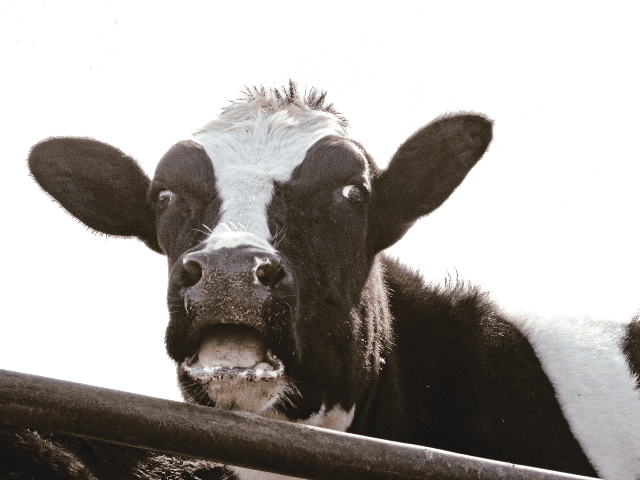A team of UK scholars have fired back at unscientific claims by PETA and other groups that veganism is a “greener” option that eating meat, insisting that meat has “massive social benefits.”
Speaking at a panel in central London, scientists from the University of Edinburgh and Scotland’s Rural College argued that eating meat is crucial for the physical and mental health of children, especially in developing countries, adding that that alternatives to livestock farming would not improve land use.
“We feel that while livestock production has a range of economic, social and environmental costs and benefits, the costs have perhaps been receiving far more attention recently than some of the benefits,” said Professor Geoff Simm, Director of Global Academy Agriculture and Food Security at the University of Edinburgh.
“Meat has massive social benefits,” Simm said. “It’s an important source of dietary protein, energy, highly bioavailable micronutrients, even small amounts of animal-sourced food have a really important effect on the development of children, in the developing world on their cognitive and physical development and they are really important.”
Simm also said that claims that veganism would benefit land use are not based on serious research, the Telegraph reported.
“Often the argument is made that going vegan would minimise land use, and the modelling studies that have been done demonstrate that that’s not the case,” he said.
Prof Mike Coffey, from Scotland’s Rural College expressed his agreement, while adding that livestock breeding actually contributes positively to the environment.
“It’s completely unnecessary to go vegan,” Coffey said. “If everybody went vegan it would be devastating for the UK environment. Animals bred for food help boost biodiversity.”
Concerns over bovine methane emissions are also being effectively addressed, the panel declared, since researchers are attempting to breed cattle that grow faster and eat less, which could further reduce the amount of methane released by cows.
Already the difference in methane emissions from best and worst cattle was about 30 percent, Prof. Coffey said, which means that if all UK farmers used the most digestively efficient animals carbon emissions could be reduced by nearly a third.
Experiments in breeding is leading to dairy cows that consume less feed for the amount of milk they produce, Coffey said, and soon livestock farmers will be able to measure methane emissions from groups of animals.
“My expectation is that at some point in the near future there will be product labels that relates to the efficiency or carbon impact of the food,” he said.
Caution is to be recommended before recommending veganism as a cure-all, said Edinburgh University Professor Andrea Wilson.
“We know a lot about the livestock sector because people have looked at it. We actually know very little about the vegan sector,” she said. “The danger is we demonise one and jump too quickly to the other.”
For his part, Prof. Simm has argued elsewhere that meat production has and will likely continue to play an important role in feeding the world, which should be of paramount importance.
“While there is an argument for a diet with less meat in it, the science argues against consuming no meat,” Simm said.
“There are areas of the world where grass grows better than any other crop and that, coupled with food industry by-products, could support an optimum of 12 per cent of animal protein in the diet, particularly from ruminants like cattle and sheep,” he added.

COMMENTS
Please let us know if you're having issues with commenting.